Title VII of the Civil Rights Act of 1964 states at 42 U.S.C. Section 2000e-2(a) (1) :
“It shall be an unlawful employment practice for an employer— (1) to fail or refuse to hire or to discharge any individual, or otherwise to discriminate against any individual with respect to his compensation, terms, conditions, or privileges of employment, because of such individual’s race, color, religion, sex, or national origin.” On June 15, 2020, the United States Supreme Court held that “In Title VII, Congress adopted broad language making it illegal for an employer to rely on an employee’s sex when deciding to fire that employee. We do not hesitate to recognize today a necessary consequence of that legislative choice: An employer who fires an individual merely for being gay or trans gender defies the law.” Bostock, v. Clayton County, Georgia (June 15, 2020). The conservative judge appointed by Trump, Justice Gorsuch, wrote the majority opinion base on the ordinary public meaning of the words in Title VII, notwithstanding any unexpected consequences.

